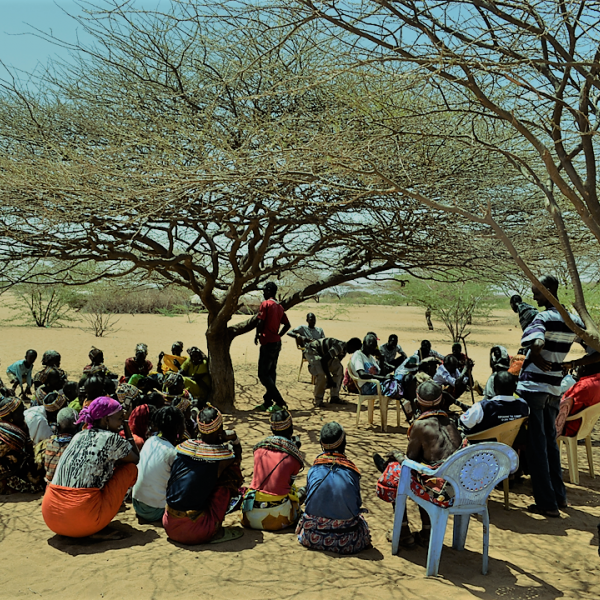Contextualising Governance and Inclusive Development in Africa
Policy actors must deconstruct the concept on Sustainable Development, as currently frame, in order to accommondation the concept of inclusiveness in development agenda. The UN General Assembly (2015[i]) has argued that development must be economically sustained, socially inclusive and environmentally sustainable in order to achieve growth and shared prosperity and wellbeing of all mankind. Although the UNGA has advanced a rather captivating and compelling framing of SD, that is "leaving no one behind", this is far from the reality across the world and across the multiple levels of governance. Increasingly, we oberve a rather systemic and systematic exclusion of the most vulnerable and marginalised social groups and states in development agenda and processes at all levels of governance. This IPL E-team posses the question: How can we disconstruct the current concept on Sustainable Development to ensure that development is regionally and socially inclusive of the most vulnerable and marginalised social groups and states in East Africa? How can the lessons on social inclusion from the East Africa region inform policy actors across Africa on plausible ways of designing regional and social inclusive policies across the multiple levels of governance in African? The answer to these questions will be analysed through content analysis of policies and grey literature, the literature and relevant field works - either recently and to be conducted in the next 3 years. The insights derived from the discussions will be compiled into a publication and policy brief on "Compendium of experience and lessons learned on governance approaches to achieve regional and social inclusion in the East Africa region".
[i] UN General Assembly, 2015. Transforming our world: the 2030 Agenda for Sustainable Development A/RES/70/1. Resolution adopted by the General Assembly on 25 September 2015

